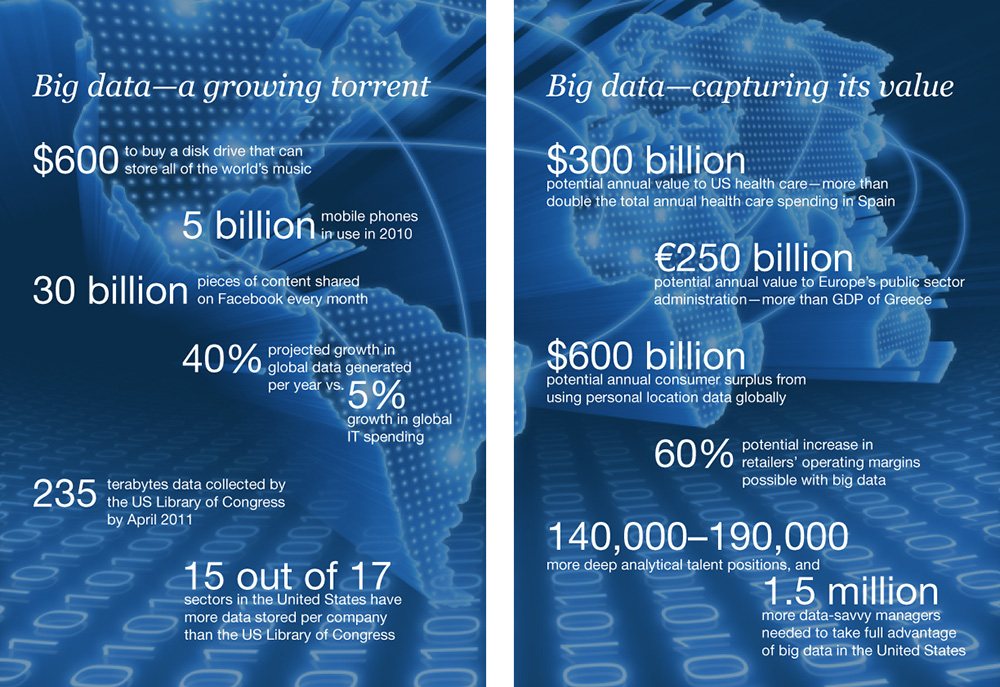 Datuit is an innovative software company that is developing a new platform for creating, storing, and managing healthcare data. The firm is taking advantage of federal regulations to drive demand for this technology which will allow patients, clinicians, and even patients to securely integrate and analyze healthcare information.
Datuit is an innovative software company that is developing a new platform for creating, storing, and managing healthcare data. The firm is taking advantage of federal regulations to drive demand for this technology which will allow patients, clinicians, and even patients to securely integrate and analyze healthcare information.
The American Recovery and Reinvestment Act of 2009 (ARRA) was a major stimulus initiative enacted by the 111th United States Congress and signed into law in 2009 by President Obama. The primary objectives to this law were focused on immediate objectives in saving and creating jobs. The secondary goal was to provide short-term relief programs to industries decimated by the recession and also to provide investments in areas like health, infrastructure, education, and ‘green’ energy initiatives.
The healthcare industry received 19.1% percent of the $787 billion in funding at the time this was signed into legislation. The largest allocation of these funds within healthcare went to Medicaid funding, which was followed by health information technology (HIT) investments and incentive payments. For example, these federal guidelines will provide incentives for clinics to meet meaningful use thresholds. Among other things, this would require clinics to adopt structured documents whenever feasible and ubiquitous patient access to self management tools.
The SafeIX platform is designed to help meet those requirements. Datuit is building this sophisticated platform around document standardization, interoperability, and the concept of having one master patient record. Therefore they are storing data as documents formatted in standards such as the HL7 Clinical Document Architecture (CDA) and the ASTM Continuity of Care Record (CCR). These standards specify a universal structure and semantics for clinical documents. Because of the small and distributed nature of these documents combined with the inevitable speed and volume requirements, the SafeIX platform relies on scalable NoSQL technology and a cloud-based infrastructure. This patent-pending system allows for big data to be retrieved and combined with other information from structured documents.
A recent report by the McKinsey Global Institute (MGI) on big data found that if U.S. health care “were to use big data creatively and effectively to drive efficiency and quality, the sector could create more than $300 billion in value every year”. Clearly, there are other incentives than just those outlined in the ARRA. The possibilities for health care related research and data analytics is also endless, with the ability to search and aggregate information from patients as well as from physicians and other healthcare organizations.
While there are obvious broad benefits to this platform, there are inherently some challenges in this industry, primarily around privacy. Searching across medical records or merely integrating records remains a controversial issue in the United States. Firms like Google recognized there was an opportunity for an entity like Google Health, which started in 2008. However, after three years Google pulled the plug on the service after it failed to achieve the utilization it had hoped. Microsoft HealthVault, which launched in 2007, is still striving for adoption by marketing itself as a “trusted place for people to organize, store, and share health information online”. There are also some smaller players in this space, showing a very fragmented and immature market.
The healthcare sector will remain transformational for the foreseeable future because of rising costs and an aging population against a backdrop of competitive cost-reducing technologies and federal incentives. As a result, Datuit is planning to complete their prototype by January with an alpha release by Q3 of 2012. Commercial Launch is scheduled for Q2 2013, well in advance of the aggressive Stage 2 regulations anticipated to take effect in 2014. Through their accessible platform, this Minnesota based startup is hoping to tip the scales in health care reform.
